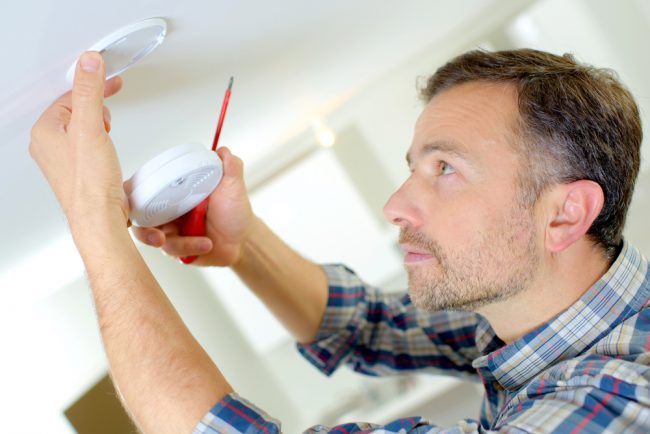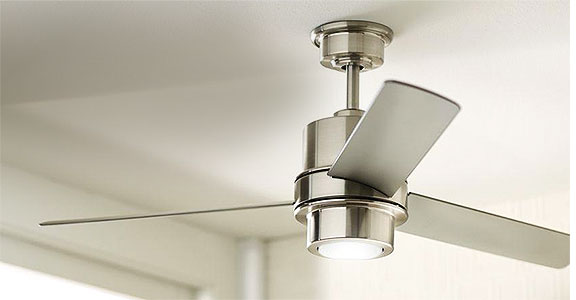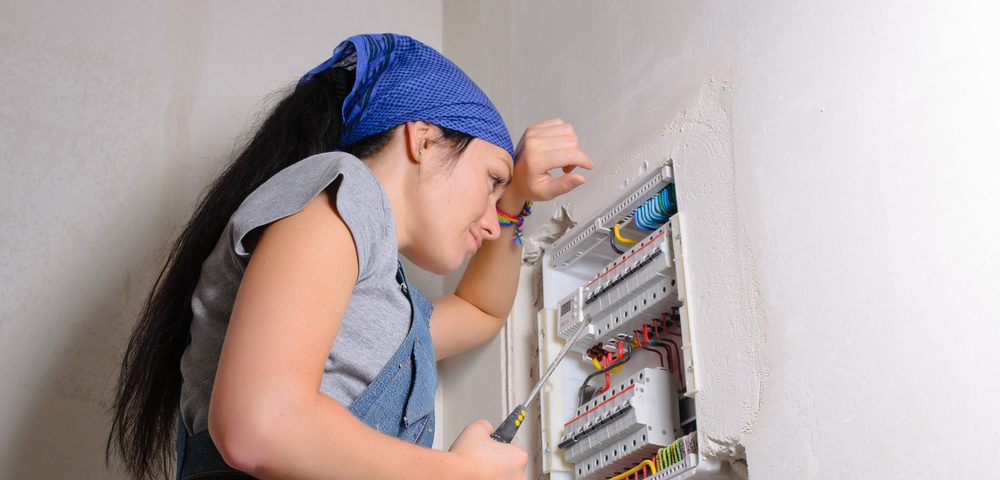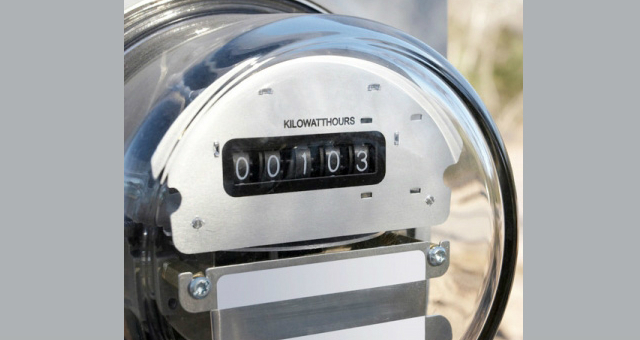
Smoke Detectors
June 28, 2016
Small Jobs Electrician
June 28, 2016The job of a breaker is to protect the circuit and its wiring from overheating and possibly starting a fire. If you find a tripped breaker in your home, first turn the breaker all the way off and then all the way back on again. If this does not solve the problem or your breaker continues to trip, check for an overloaded circuit (as described below). If your breaker still continues to trip repeatedly after completing the actions mentioned above, it is important to assess each of the following possible causes of the tripping and contact a licensed electrician to correct the problem if necessary. Several common problems associated with breakers tripping are listed below, as well as what you should do to solve these problems if they occur in your home.
Overloaded Circuit
The most likely reason that a breaker trips is because there is an overloaded circuit. A breaker will trip when there is an overloaded circuit because too much power is demanded from one circuit and the breaker recognizes a potentially dangerous situation and stops the flow of electricity by tripping. To solve the problem of an overloaded circuit, redistribute some of the power to different circuits by either using less appliances at the same time or plugging some of the appliances into other outlets that are connected to different breakers. If your home needs more breakers and your electrical panel does not have space for additional breakers, a licensed electrician may be needed in order to install an additional electrical panel, which has an average cost of around 1,000 dollars.
Short Circuit
Once you have eliminated a circuit overload as the cause of your breaker tripping, it is possible that a more serious issue is causing the breaker to trip such as a short circuit. A short circuit any place in a home’s electrical system can cause a tripped breaker. A short circuit is an electrical current that travels along an inadvertent path in the electrical circuit system. Before attempting to fix this problem on your own, it is advisable to call a knowledgeable licensed electrician to properly correct the issue, to ensure your safety and also ensure that the problem will not happen again in the future.
Ground Fault
After ruling out a circuit overload and a short circuit, a potential cause for a breaker tripping is a ground fault. A ground fault is a type of short circuit where the black hot wire is in contact with the ground wire or with the side of the metal box, to which the ground wire is also connected. It is also recommended, as with a short circuit, that you contact an experienced electrician to rectify this problem if it occurs in the circuit breaker system within your home.
The circuit breakers in your electrical panel are designed to help keep you, your home and your family safe from electrically-caused home fires. If you identify any potential problems with a circuit breaker, do not delay in contacting a licensed electrician to diagnose and correct the problem. One faulty breaker can have devastating, life-changing consequences, while one small electrical service call can make all the difference in maintaining your family’s safety and well-being. Be vigilant in identifying circuit breaker problems early and taking prompt action to fix any problems that arise. If ever you have questions, On Time Electric answers every call by a licensed electrician. Ask today!


